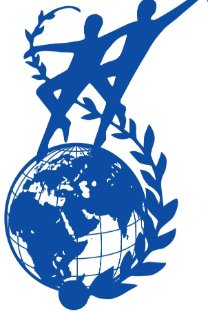Özbek Antroponemisinin Totemik Temelleri
Her toplumdilbilimsel ulusal dilin temel amacı karşılıklı anlaşabilmeyi bir araç olarak düşünme özüdür. Dilin bu işlevi olay, oluşum ve gelişimi için bir faktördür. Antik çağlardan bu yana, dil bu açıdan değerlendirildi. Ancak, dil ve kişinin çevresel değerlendirme özünü anlamak için, kendi dillerinde kavram ve fikirleri dilsel araçlar biriken nesnelerin ve olayların değerini, ruhsal ve zihinsel dünyanın farklı türde ifade edilmesini belirteçler, deyimler, nesilden nesile geçen cümleleri incelemek mümkün kılmaktadır. Bu özellik, farklı dönemlerde kendi halkına, kendi edebi normlarına istikrar dilini anlamayı sağlar. Dilin bu çok yönlü sorunlarınının çözümünde insan faktörü mühimdir. Çünkü insane hep, dünyayı anlamak, eşyaların ve doğa olayların özünü anlamak için çabalaya gelmiştir. Çünkü, onlara isimler vermiştir. Bu isimler, dil belirteçleri zenginleştirmiş, yeni kavram ve fikirleri tanımlamaya sevk etmiştir. Bu makalede biz, totemik temsiller üzerinde duracak, antroponimlerin çağdaş Özbek dilindeki kalıntılarını ve Özbek dilinin etnik kültürün karakteristik yönlerinden biri olarak inceleyeceğiz.
TOTEMIC FOUNDATIONS OF THE UZBEK ANTHROPONOMY
The main purpose of each national language from sociolinguistic point of view is the essence of his thinking as a means of mutual speakers. This function of language is a factor for its occurrence, formation and development. Since ancient times, the language was assessed in linguistics from this point of view. However, it is known also that the language and yet fragile tool for understanding the essence of the person, environmental assessment, determine the value of objects and phenomena. The expression of different kinds of spiritual and mental world, unite cumulated concepts and ideas in their own language (linguistic) means - tokens, phrases, phrasemes and sentences, passing from generation to generation, from age to age. This feature provides an understanding of the language of his people of different ages, the stability of its literary norms. At the heart of the implementation of these multifaceted problems of language are the man and his work. Because people are thinking about understanding the world, understanding the essence of things and phenomena of nature, gave them names. These names enrich the language tokens, define new concepts and ideas. In this article we will reflect on the totemic representations, their remains in anthroponomy of modern Uzbek language, as one of the characteristic aspects of ethnic culture of ancient Turks system Uzbek language.
